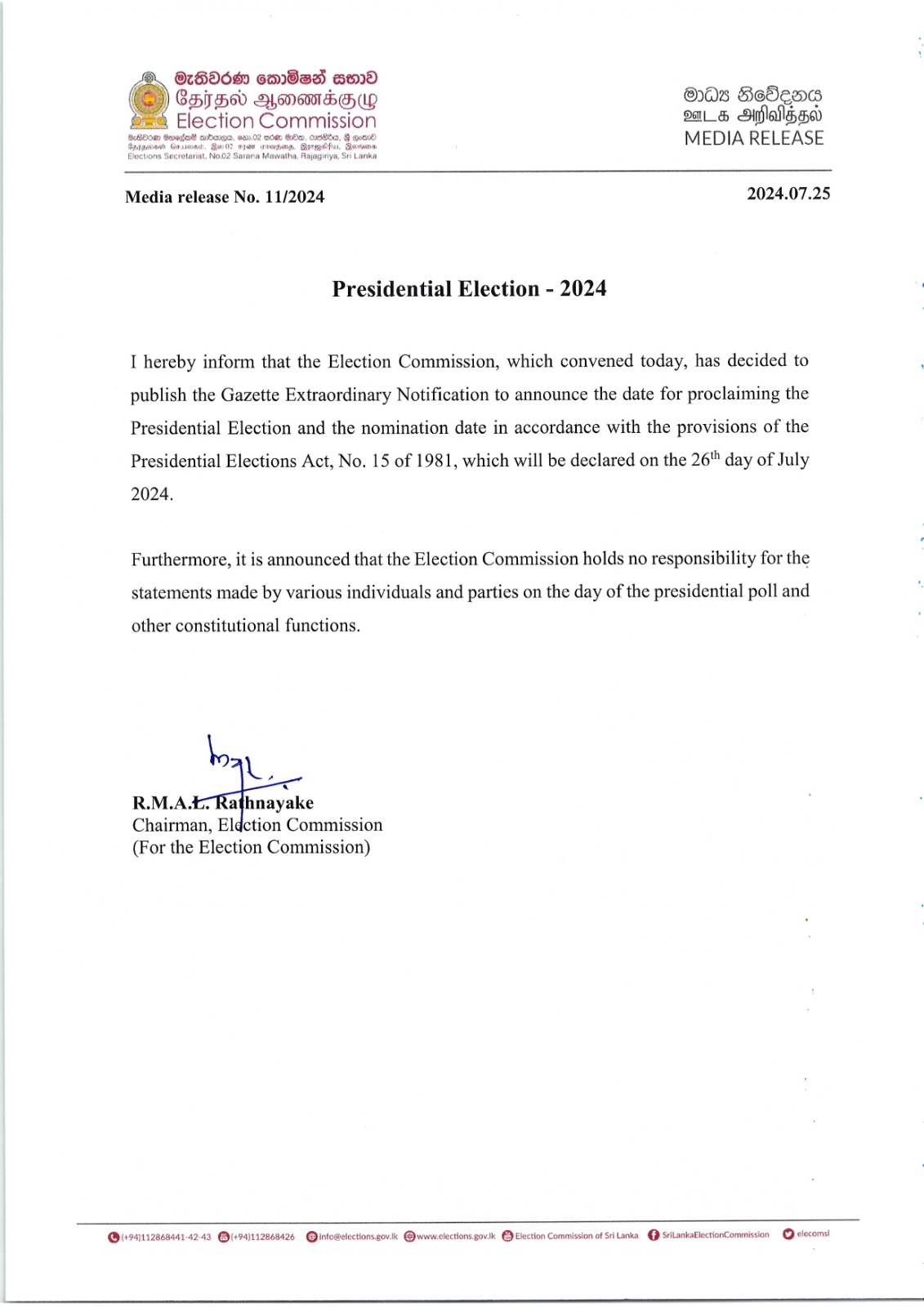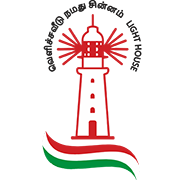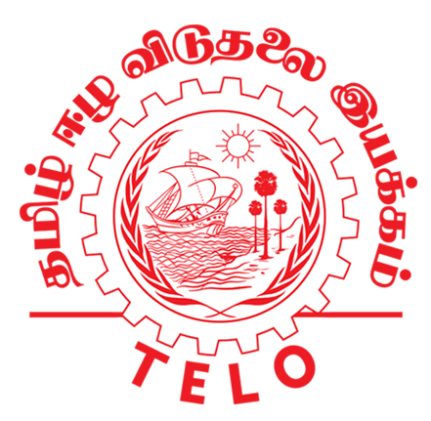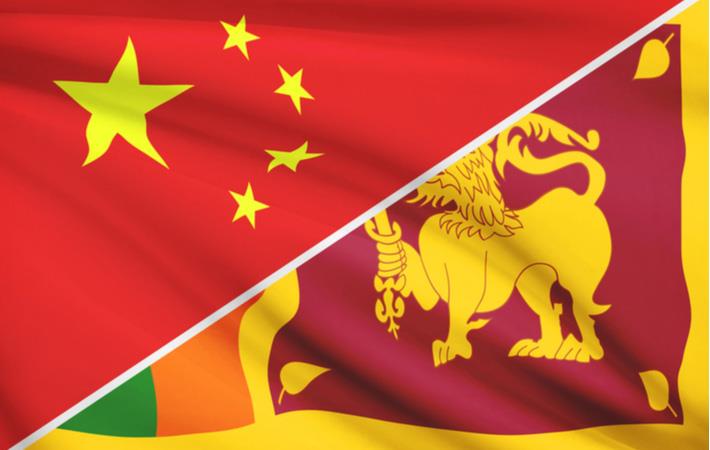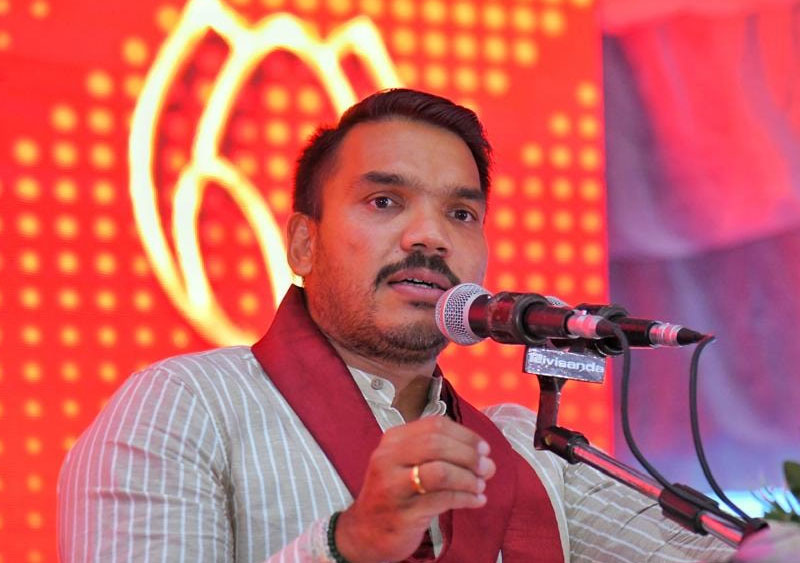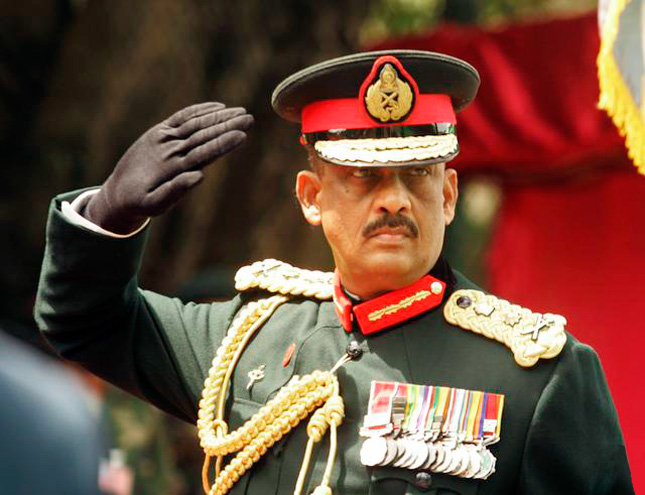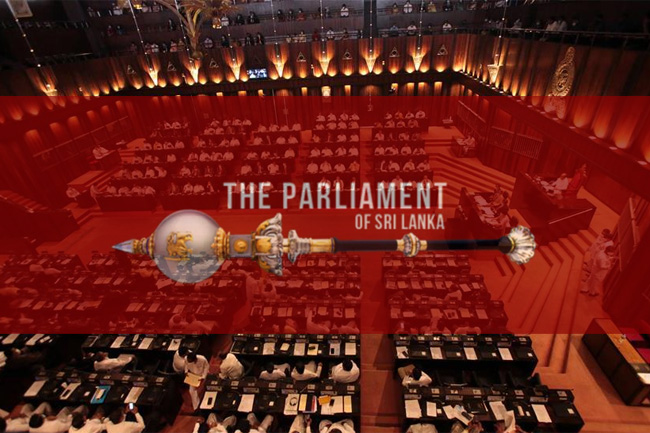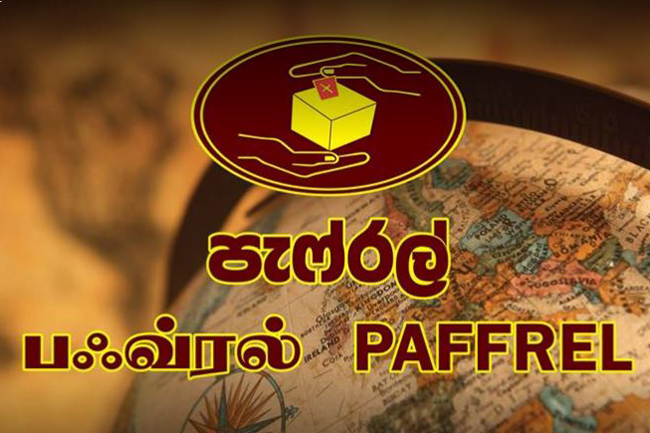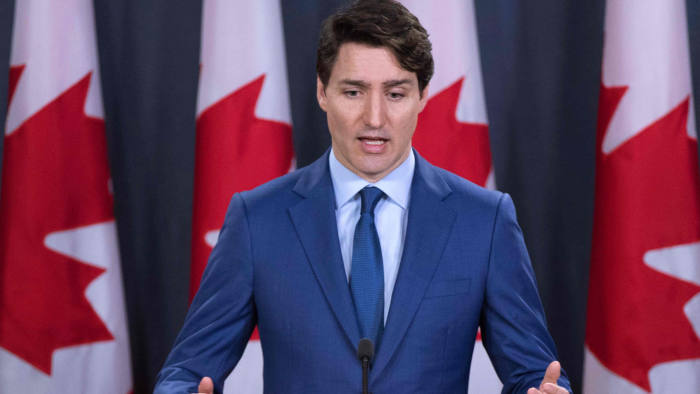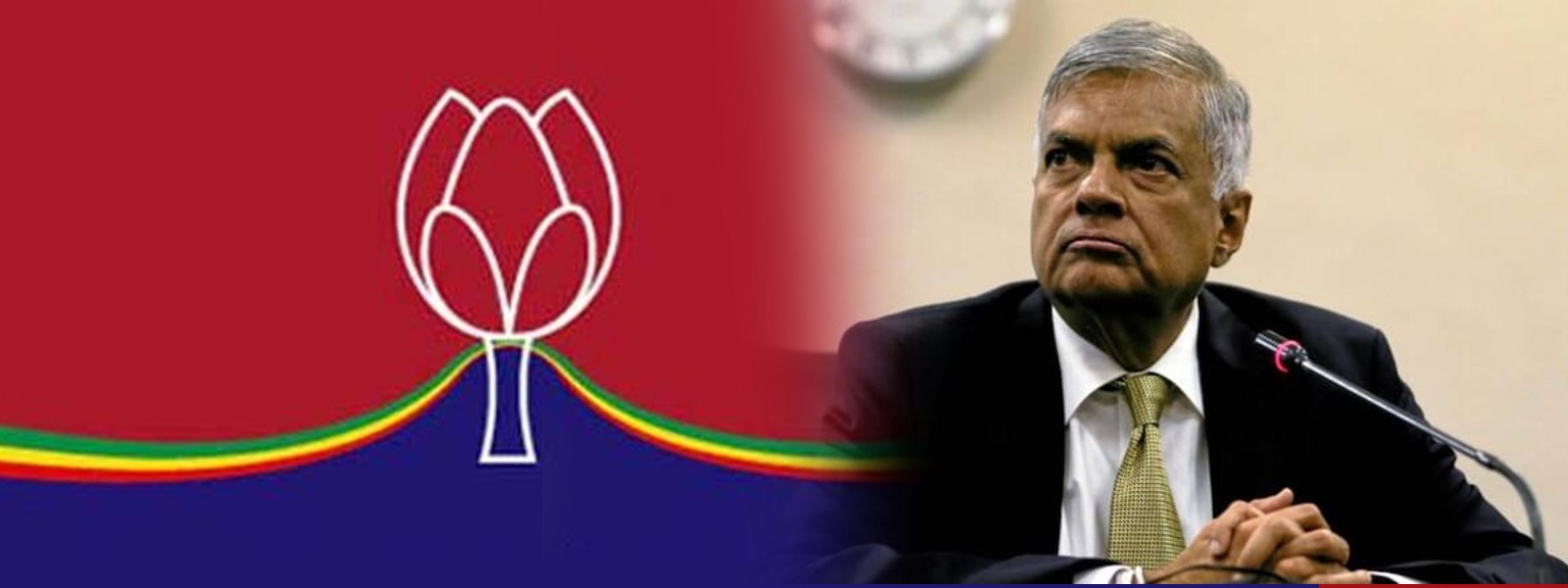Speaker of Parliament Mahinda Yapa Abeywardana has discussed furthering cooperation between Sri Lanka and China while on a visit there this week.
“Discussions focused on enhancing cooperation under the Belt and Road Initiative, particularly in advancing key projects like the Colombo Port City and Hambanthota Port,” a Parliament statement said.
Sri Lanka is a key partner in China’s Belt and Road Initiative (BRI), known in China as the One Belt One Road (OBOR) and sometimes referred to as the New Silk Road, a global infrastructure development strategy adopted by the Chinese government in 2013 to invest in more than 150 countries and international organizations.
The BRI is composed of six urban development land corridors linked by road, rail, energy, and digital infrastructure and the Maritime Silk Road linked by the development of ports.
Abeywardana was in China to attend the 8th China-South Asia Exposition held in Kunming, Yunnan Province.
The trade fair was instrumental in fostering substantial economic and trade exchanges since its inception in 2013, he said. “This exposition has notably strengthened cooperation between China and South Asian countries, bringing considerable benefits to the people of Sri Lanka.”
Addressing the opening ceremony, Abeywardana thanked the Ministry of Commerce of China and the People’s Government of Yunnan Province for their longstanding friendship.
The Speaker also addressed the 5th China-South Asia Cooperation Forum on July 24, held on the theme, “Build Consensus for Regional Development.”.
Abeywardana was said to have emphasized “the necessity of collective solutions to global development challenges,” and called for addressing these issues through mutual cooperation.
Abeywardana and other officials in the delegation met Secretary of the CPC Yunnan Provincial Committee and Chairman of the Standing Committee of Yunnan People’s Congress Wang Ning, and Vice Chairman of the Standing Committee of the 14th National People’s Congress Ding Zhongli.
Sri Lanka and China have maintained 67 years of diplomatic relations in recent history, spanning trade, investment, cultural exchanges, and infrastructure development.
There was a mild hiccup in diplomatic relations between both countries after Sri Lanka banned Chinese research vessels calling at the island nation for research purposes for one year, after strong protest by India, which had cited security threats.
